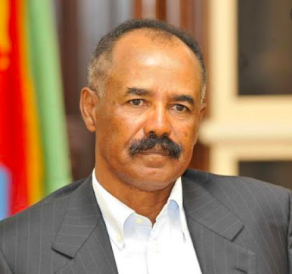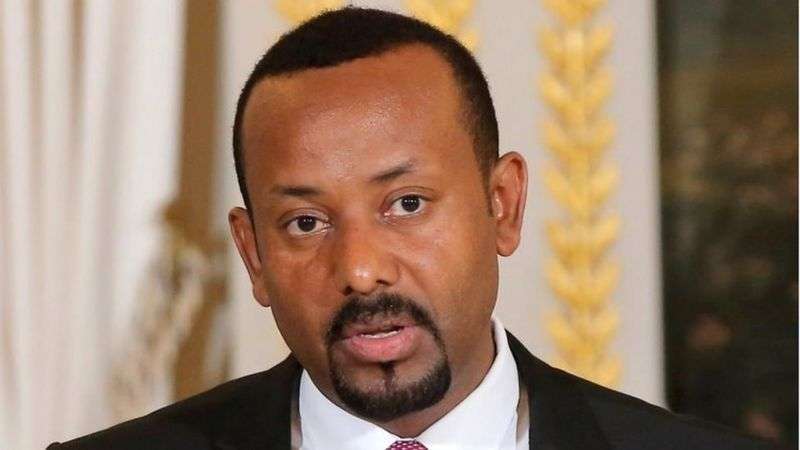

The indiscreet fascination of the revolution has been killing people for decades. Whether it was the explosive comrade Molotov or the “mighty” Che Guevara, the myth of the revolutionary, the hard and pure hero who sacrifices himself against tyrannies in defence of the sovereign people, has always been liked. It was an inclination above all of those intellectuals a bit “gauche caviar”, who for decades dictated the line of progressive fiction in defence of the “lider maximo” all over the world. But then things changed. The fall of the walls and the re-reading without ideological filters helped to understand that not all “heroes are young and beautiful” and above all it was ascertained that not always and not all “beards” were on the side of reason. It was understood, for example, that comrade Stalin was not what is said to be a democrat, that Pol Pot was a master but of genocide and that Fidel Castro had a humanitarian spirit on a par with that of Gilles de Rais.
However, that fascination still remains. From time to time, especially from those parts of the world that are not exactly under our doorstep, there are reports that indulge in the glorification of the last revolutionary. Articles with preconstituted truths that in some cases are born out of vainglory, where the deeds of the last alleged revolutionary are magnified to magnify themselves, in others, and are for the most part, out of political and more often economic interest. At other times still for ignorance.

Back to us, that is, bad propaganda. Many media, some of them very authoritative, describe the tigrayans with the same emphasis that they reserve for oppressed peoples or excellent victims of history. In some cases we have even read epic narratives of their deeds, as if they were liberators of peoples and not the oppressors they really are. Things in reality are very different from what the prevailing international publicity recommends and I will now try to explain why this misrepresentation of the facts has come about. But we need to make a premise that is necessary to understand why such a conspicuous slice of the international press continues to give voice to such a blatantly false narrative.
The premise comes from the recent history of this geographical area of Africa, the same, for example, where 200,000 years ago that homo sapiens father of all of us appeared. The recent history of Ethiopia says in fact that the tigrayan minority at the fall of the Derg, the bloody dictatorship of Menghistu renamed “red terror”, took power in Addis Ababa by surprise, supported and led by the old Eritrean fighting comrades who were decisive in the defeat of Mengistu and in the seizure of power of the tigrayans in Ethiopia. But gratitude, you know, is not of this world. So the TPLF tigrayans, betraying the promises and expectations of maintaining a united and inclusive Ethiopia, turned against their Eritrean benefactors and marginalized the most numerous ethnic groups in Ethiopia, those of the Oromo and the Amara.

As we know things did not turn out that way. Eritrea withstood the invasion, withstood the lack of respect for the Algiers Peace Accords by the tigrayan government in Addis Ababa and also withstood a twenty-year campaign of international defamation. And that is not all. At a certain point Oromo and Amara began to have enough of the bloody bullying of the tigrayan minority and, above all, to have someone brutally in charge in their home. So, year after year, the protest spread until it reached the capital and forced Hailé Mariam Desalegn, who became Prime Minister in 2018 after Meles’ death, to resign.



(Associated Medias) – all rights reserved
